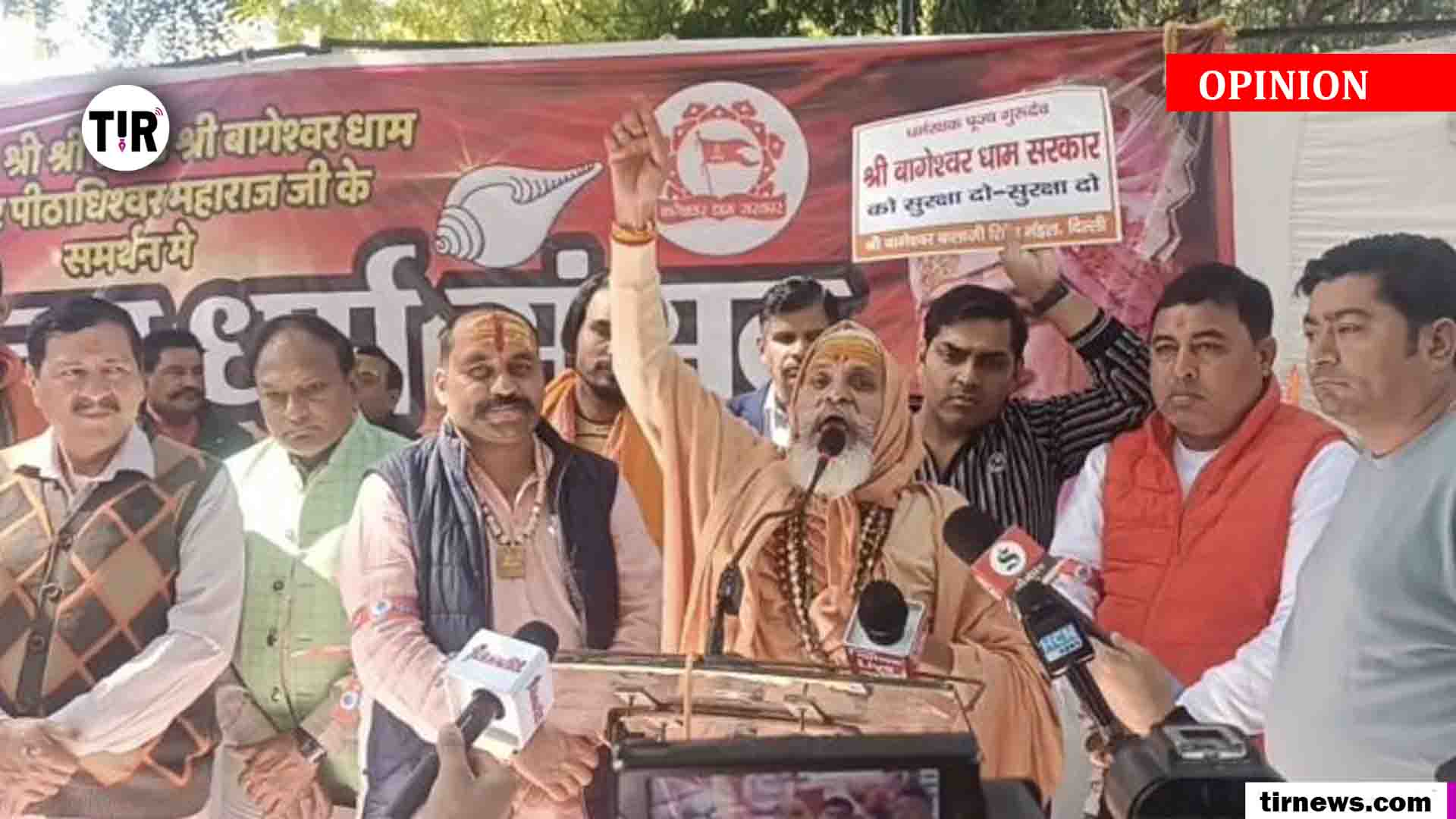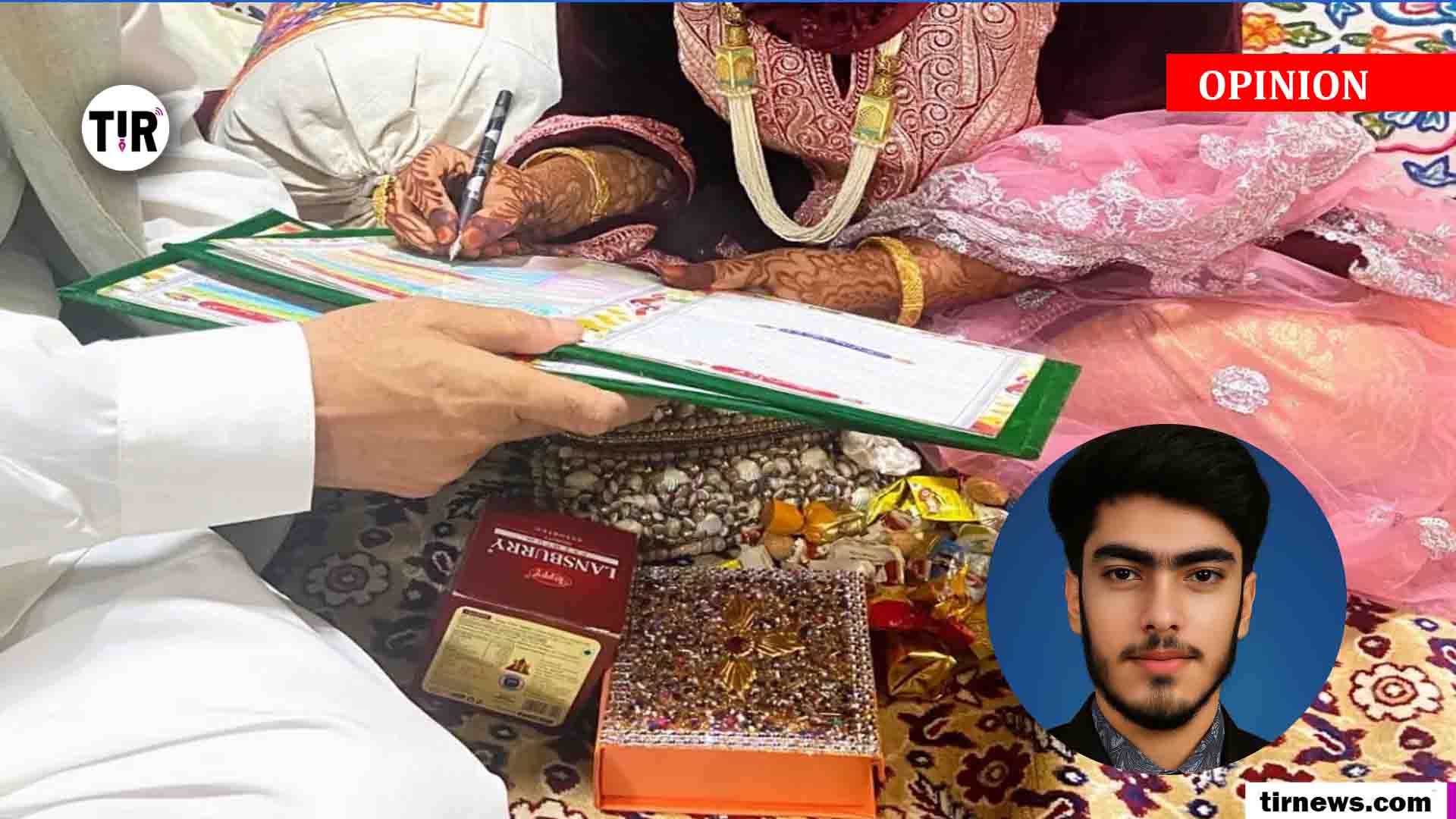Zain-Ul-Aabedin
In April 1990, 27-year-old nurse Sarla Bhat, a Kashmiri Pandit, was abducted from her hostel at SKIMS, Soura, by JKLF-affiliated militants. The next morning, authorities found her dead in Srinagar, with a note beside her accusing her of being a police informant. Reports say she had been gang-raped, mutilated, and murdered — part of the campaign that drove thousands of Pandits from the Valley during the 1990 exodus.
In August 2025, thirty-five years later, the Jammu and Kashmir State Investigation Agency (SIA) reopened her case. Authorities conducted raids in central Kashmir on August 12, targeting individuals linked to the banned JKLF. On the surface, such moves suggest long-overdue justice. However, in Kashmir, the timeline of justice is often intertwined with the timeline of politics.
This is not the first instance of politicising people’s sentiments. In 2023, the Lieutenant Governor ordered the reopening of the murder case of Ganjoo, a judge killed by JKLF militants in 1989. This case was also a sign of new seriousness, but two years later, nothing has happened. Instead, another decades-old case is pulled from the archives.
It is worth recalling that in 2017, the Supreme Court dismissed a plea to investigate the killings of hundreds of Pandits, reasoning that after nearly three decades, “evidence is unlikely to be available.” That legal reasoning appears to wane when the government perceives a political advantage in reopening old cases.
The contradiction is striking. India’s judiciary is already overwhelmed: as of September 2021, more than 4.5 crore cases were pending, 87.6% of them in subordinate courts. If the system cannot deliver justice for crimes committed last year, what hope is there for cases from the last century — unless those cases are meant to serve political gain rather than justice?
“We must not betray our constitutional rights, as our fundamental right to equality prohibits discrimination based on caste, race, religion, place of birth or sex. The judiciary must remain independent from politics so that it can deliver justice in favour of the innocent,” Prince Salheen, an advocate of the High Court of Jammu and Kashmir and Ladakh, said.
And here lies the double standard. In February 1991, in the twin villages of Kunan and Poshpora, the Indian Army was accused of a night-long mass rape during a so-called “crackdown” operation. Men were taken away and tortured; more than 30 women, aged between 16 and 80, including a newly married bride, were gang-raped.
In a documentary, The Rape of Kunan-Poshpora by Journeyman Pictures, a woman wearing a Kashmiri pheraan, her face grim, with a laung on her nose and dangling earrings, stated: “It was all havoc. They captured us and raped us in our house. Who will we tell this to? This is the oppressor’s tyranny.” Meanwhile, a child sat in her lap, looking desperately at her. To the viewer, it almost seemed as if his eyes were asking: “Why is my mother crying?”
For over thirty years, these women have demanded justice. In 2013, activists petitioned the Jammu and Kashmir High Court, which ordered compensation. The government first agreed, then backtracked, challenging the decision in the Supreme Court. Its lawyer argued that compensation provisions under Section 545(a) of the CrPC only came into effect in 2013, and that because the accused were army personnel, the state had no obligation to pay.
This selective theatre appears to serve political gain, not justice. These are the political techniques used to provoke gullible citizens across the nation. As Lord Acton famously said, “Power tends to corrupt, and absolute power corrupts absolutely.” Where books, newspapers, and journalists are barred from truthful writing and speech, it is expected that people of that nation will be blinkered and kept focused on the Godi media.
When the victims are Pandits, decades-old evidence is no barrier to reopening cases. When the victims are Kunan-Poshpora women, legal technicalities suddenly become decisive. This is not how justice works — this is how politics works.
Will the next generation of mothers from Kunan-Poshpora know about this cowardly assault? One can hardly say. Recently, the government has proscribed 25 books authored by scholars, writers, and journalists — including Do You Know Kunan-Poshpora? by Essar Batool. Those who were once assaulted physically are now assaulted politically.
If Kashmir is ever to heal, it needs a justice system that applies the same yardstick to all its citizens, regardless of religion, ethnicity, or the identity of the accused. If fairness and equal treatment are missing, then it’s not true justice — it’s ethnopolitics disguised as justice.
Zain-Ul-Aabedin, 21, is a Journalism Graduate from Kashmir. He covers conflict, politics, history and climate.



